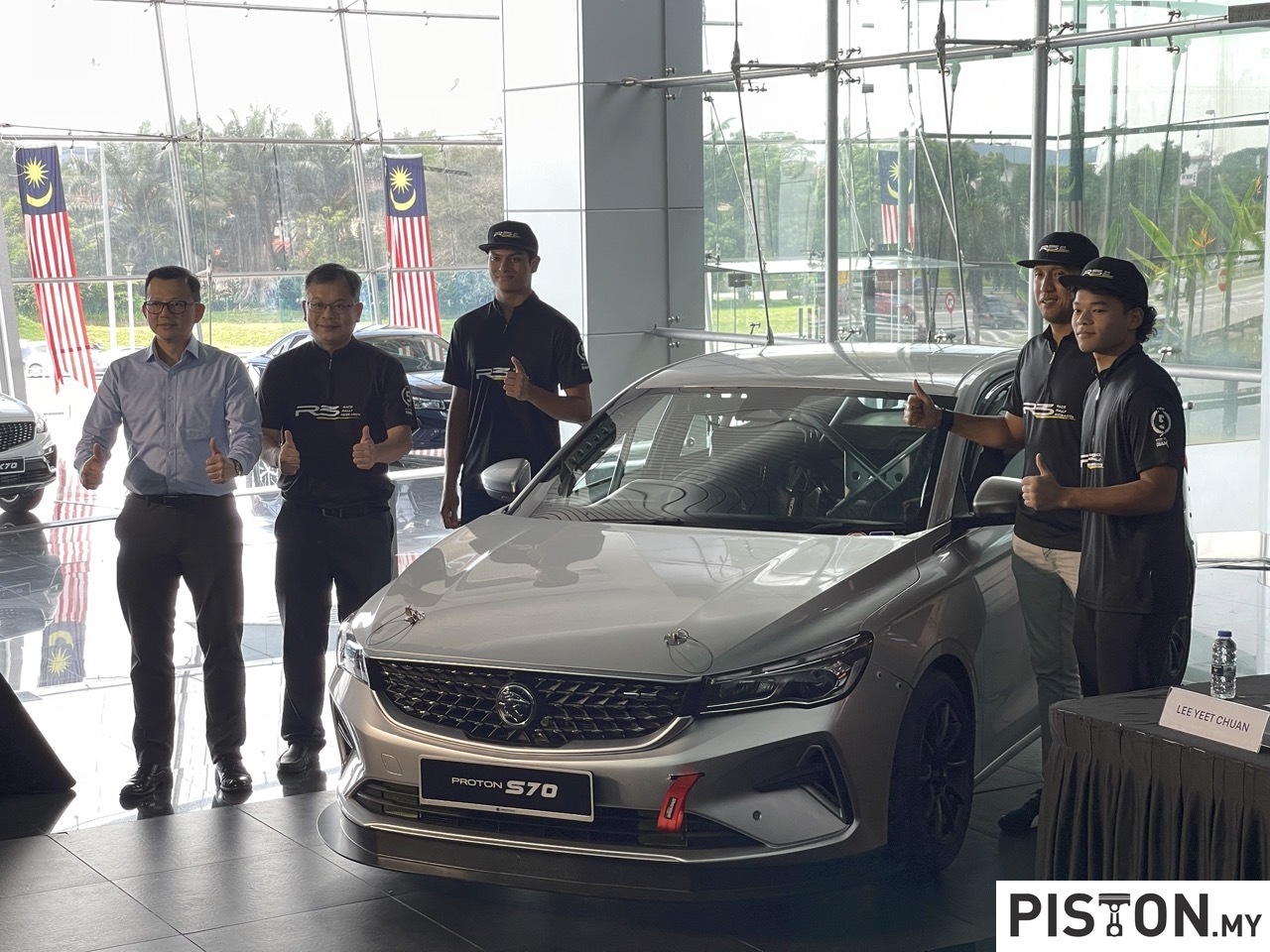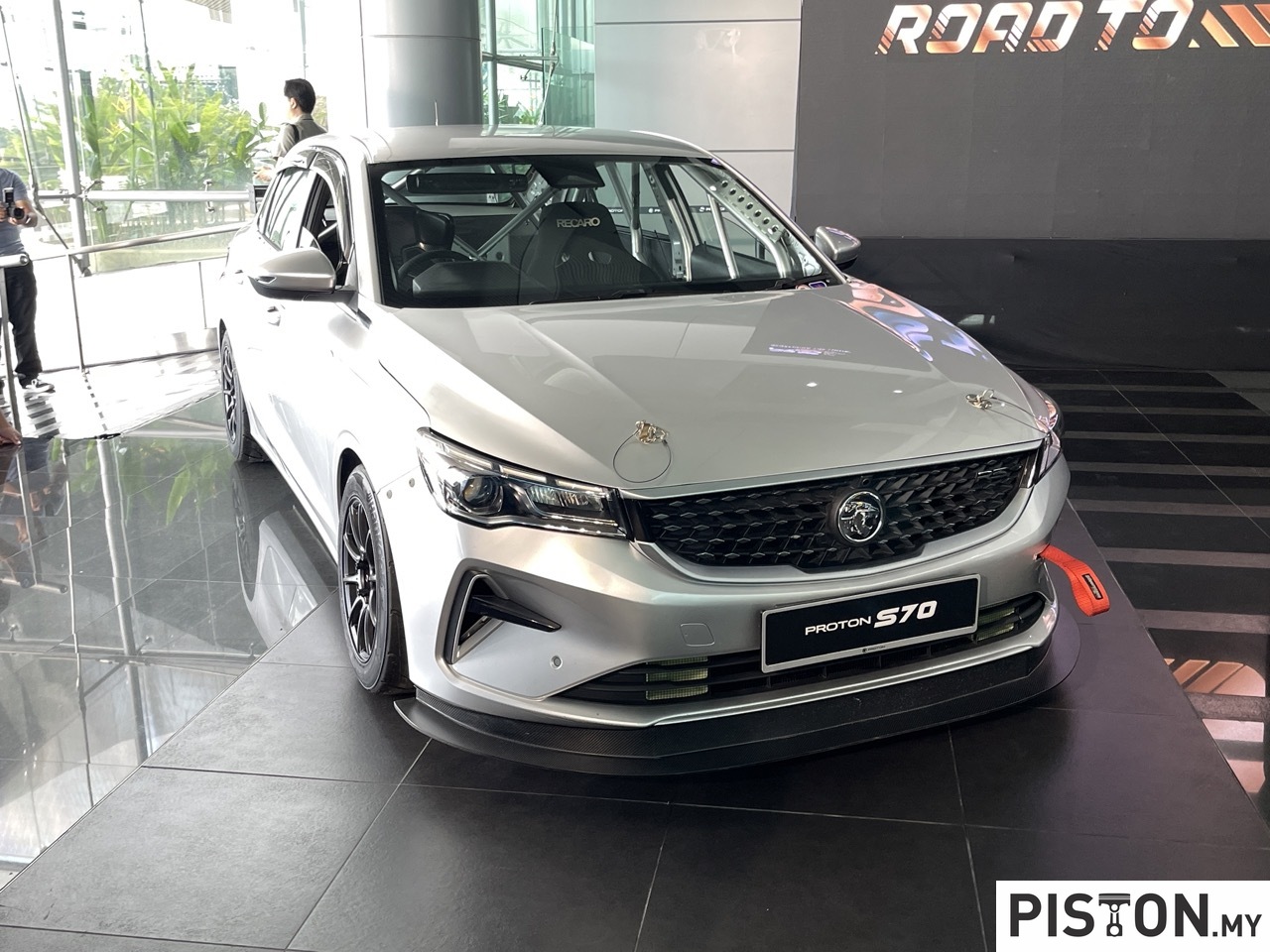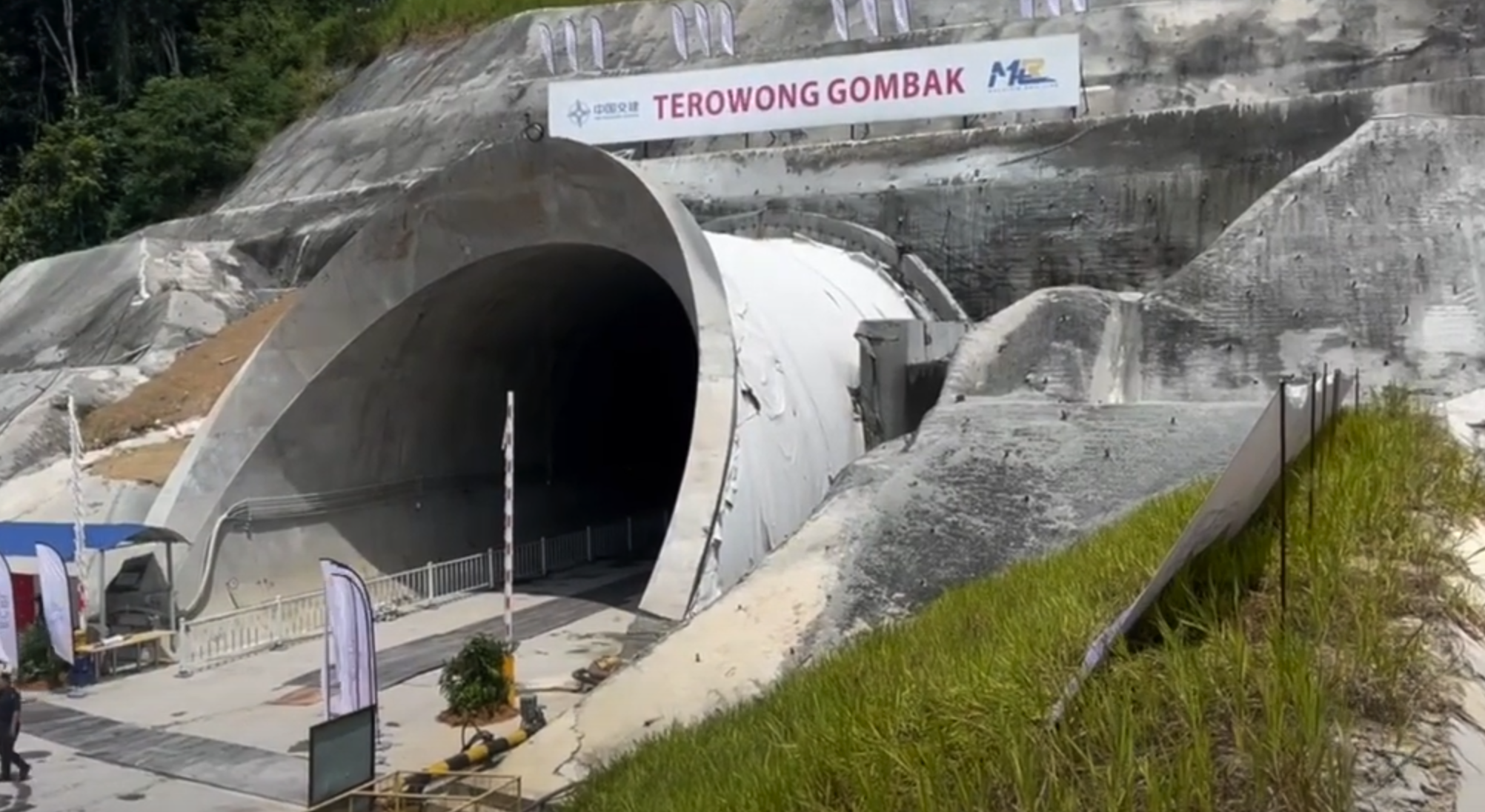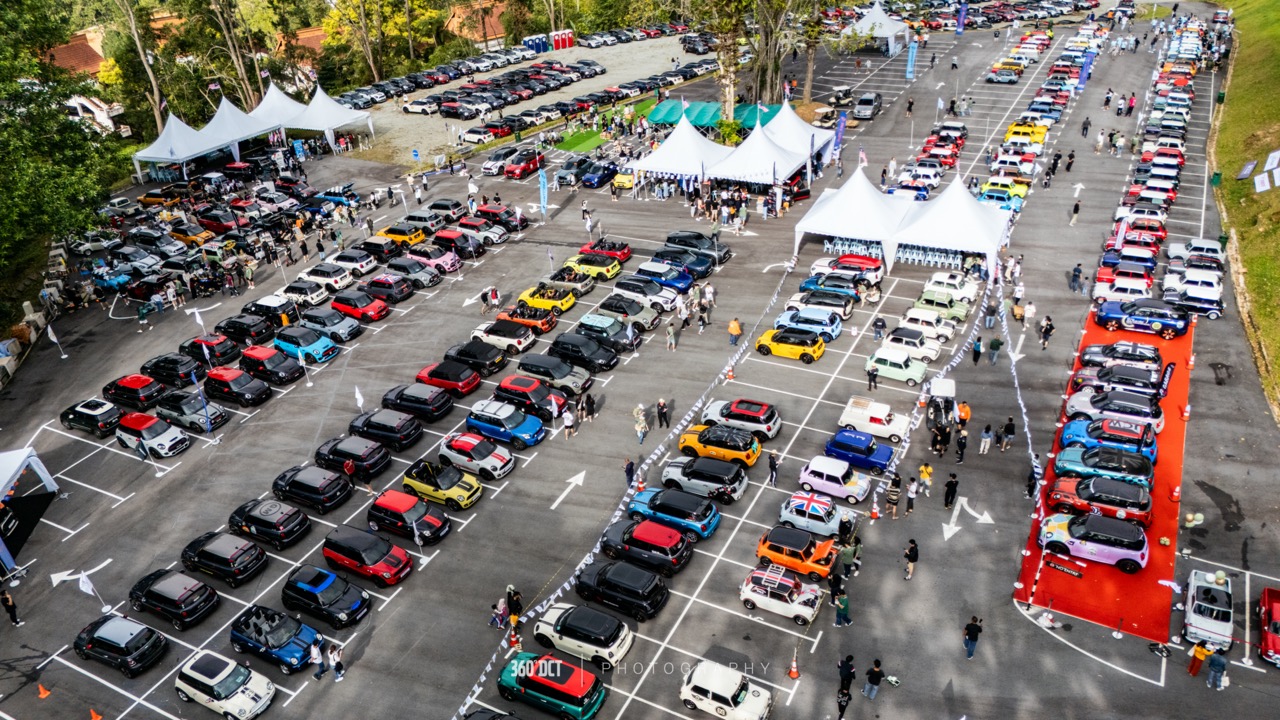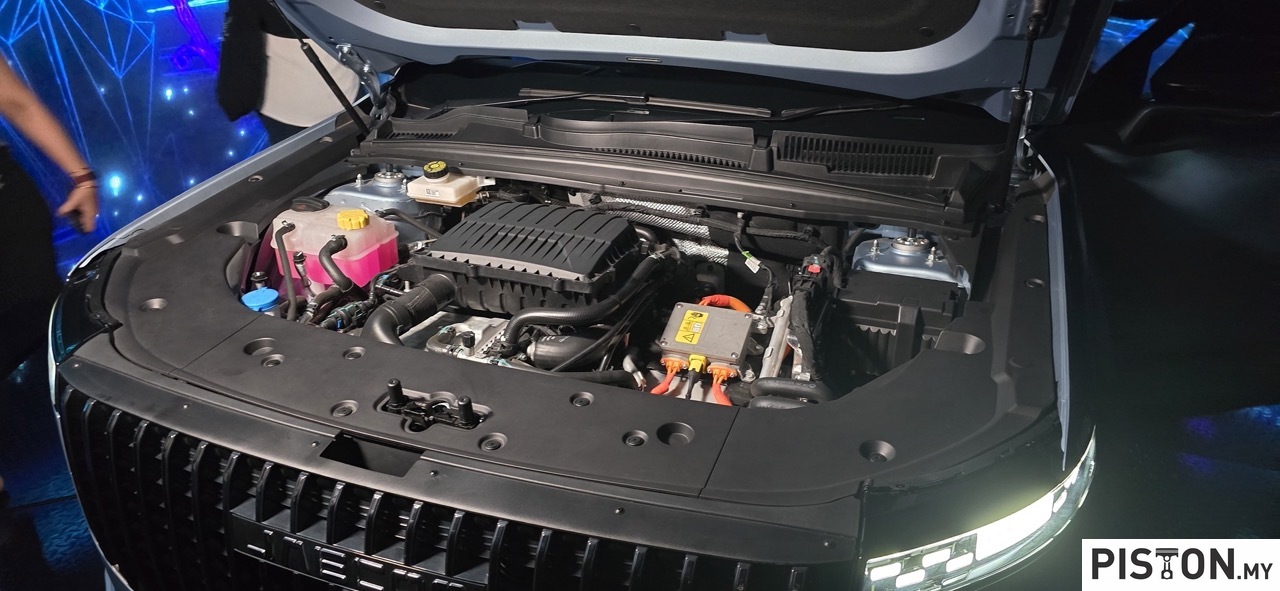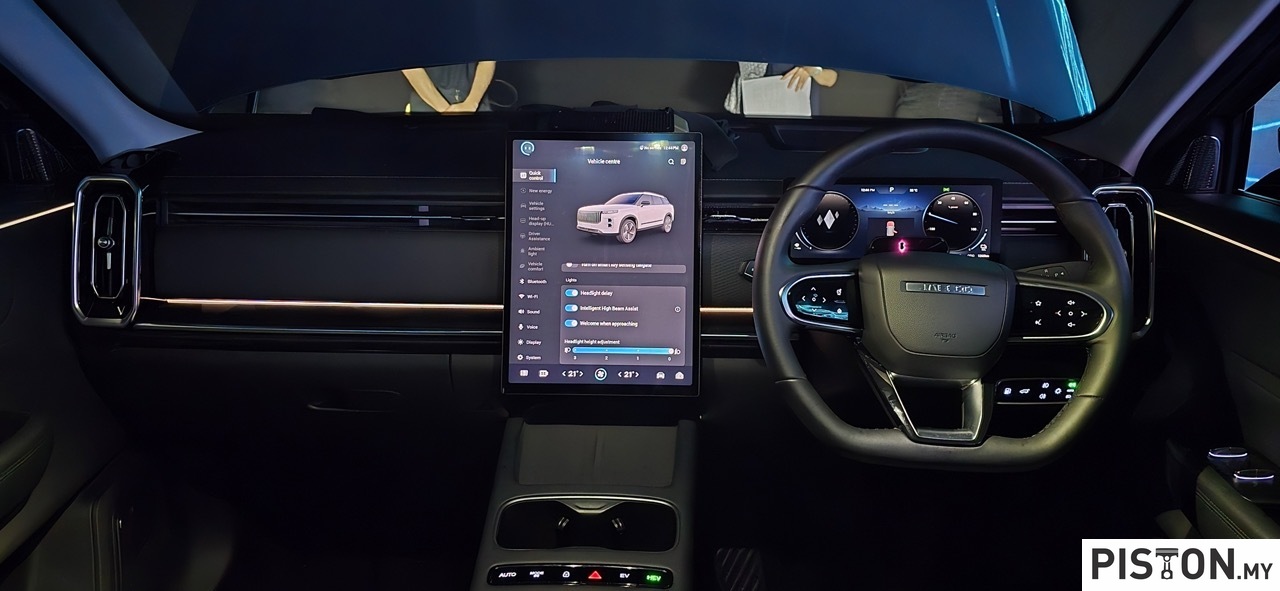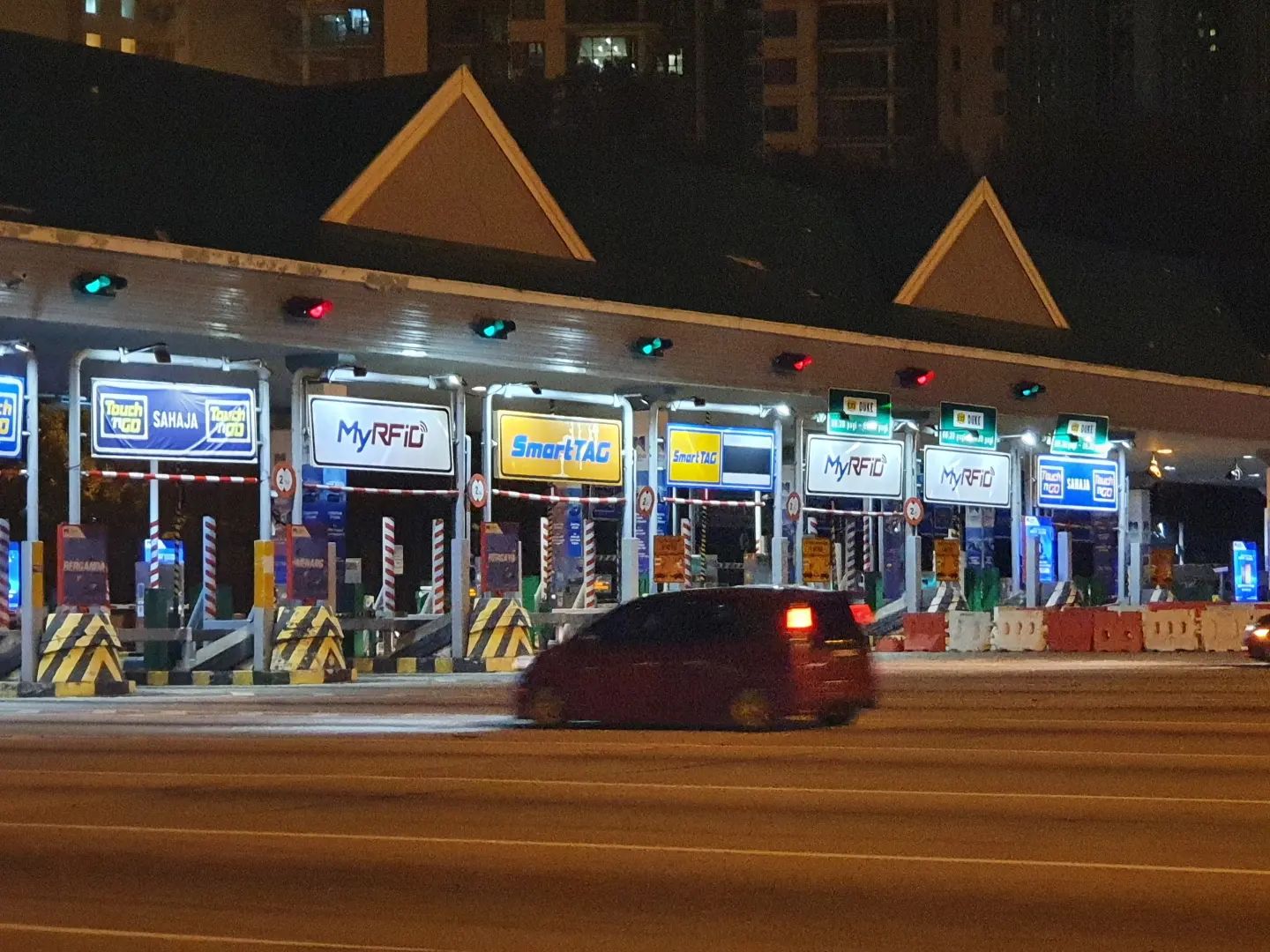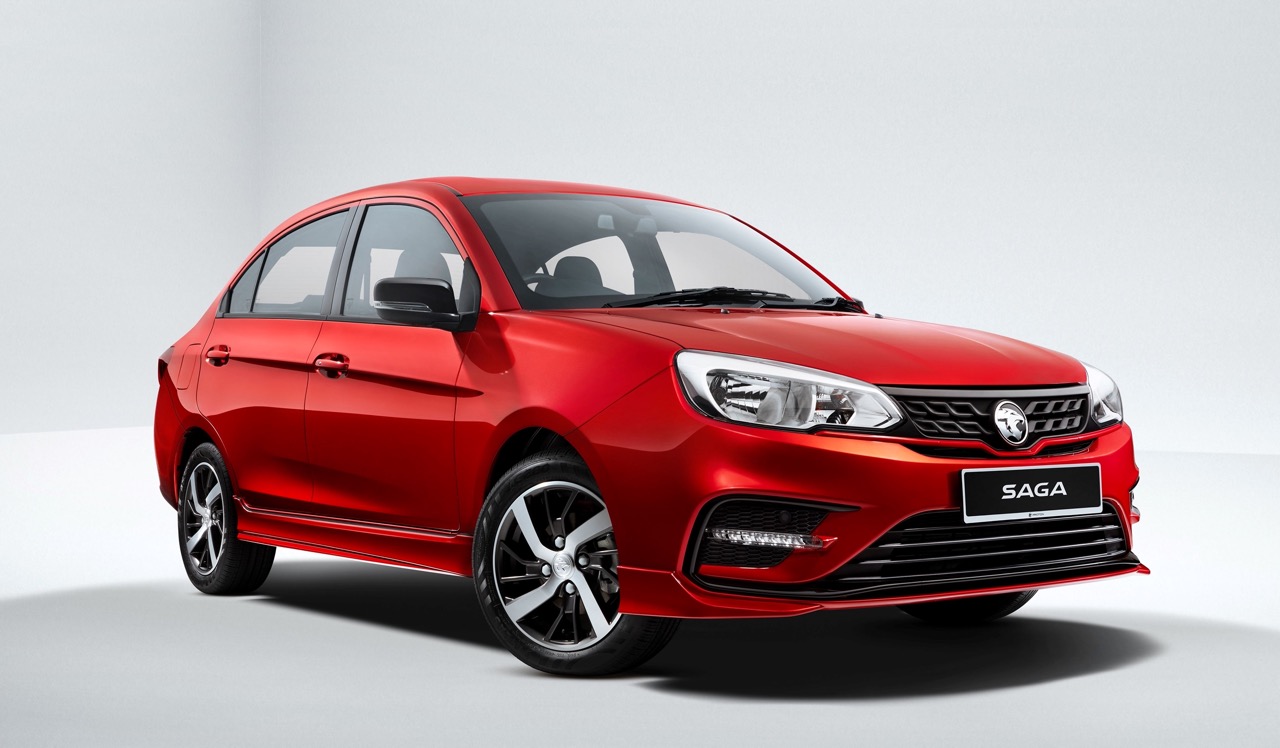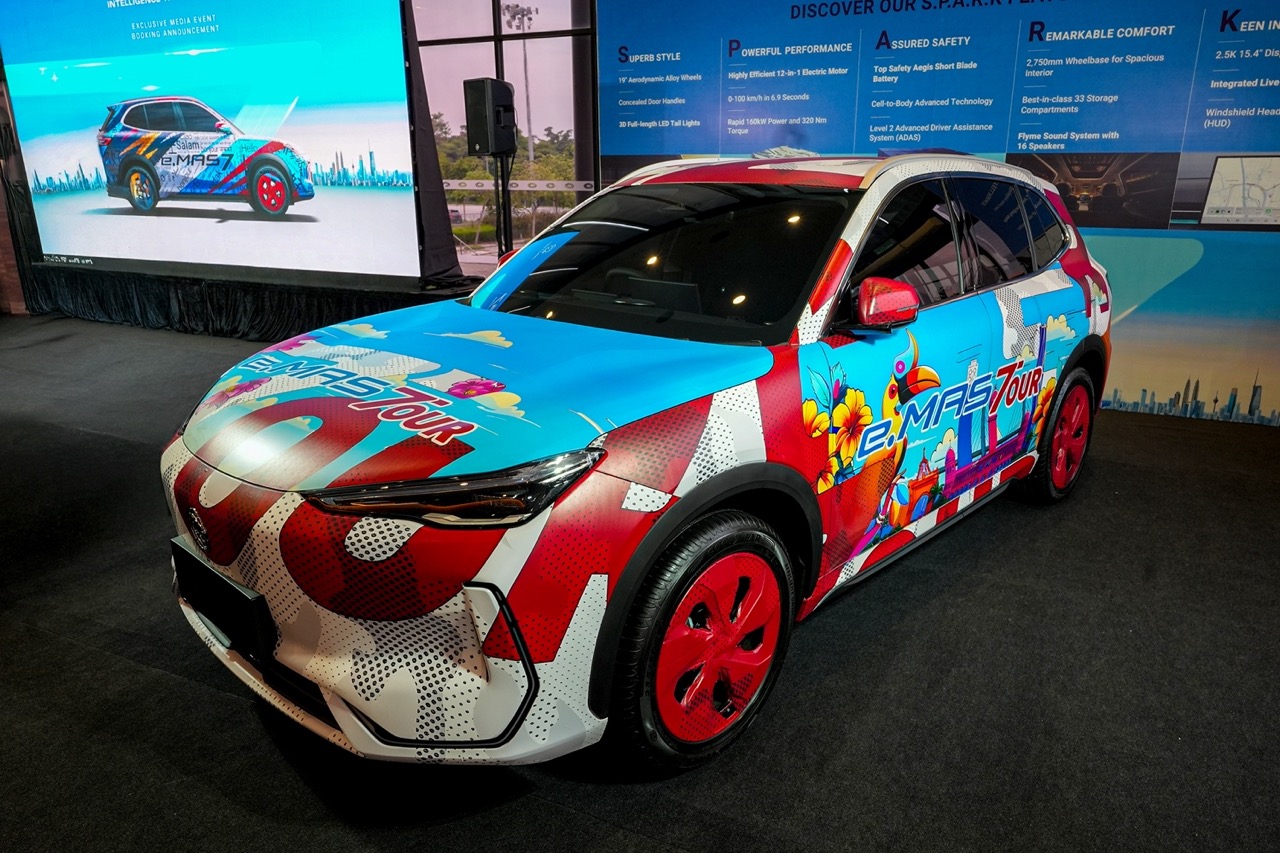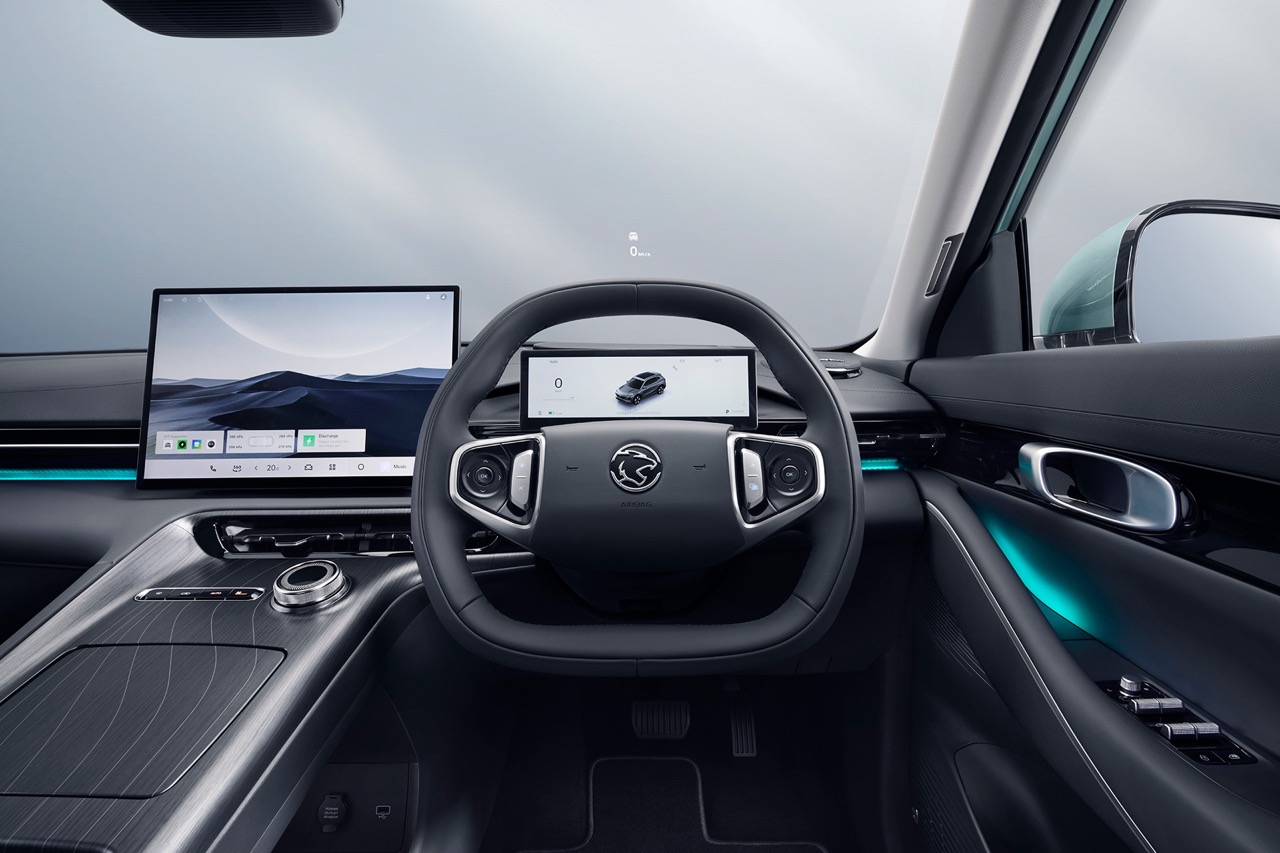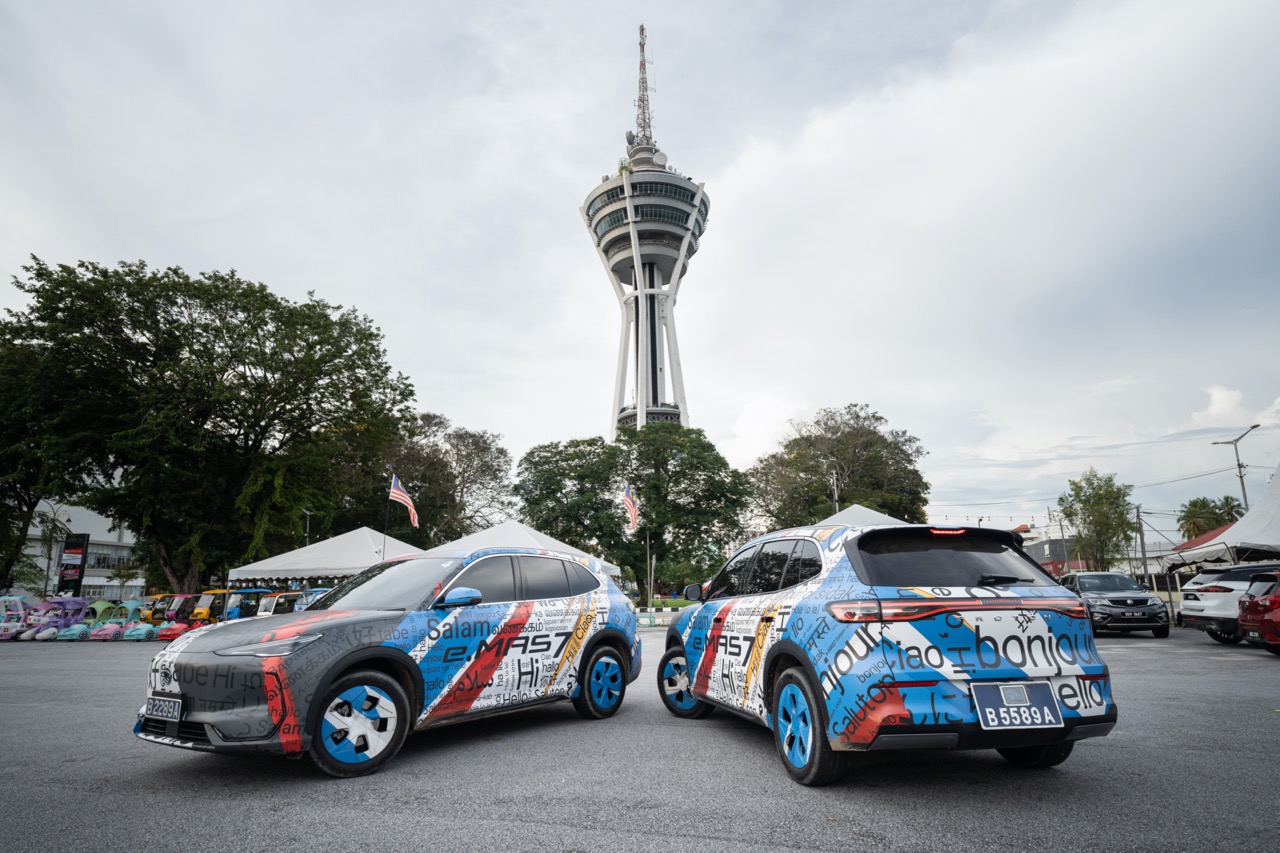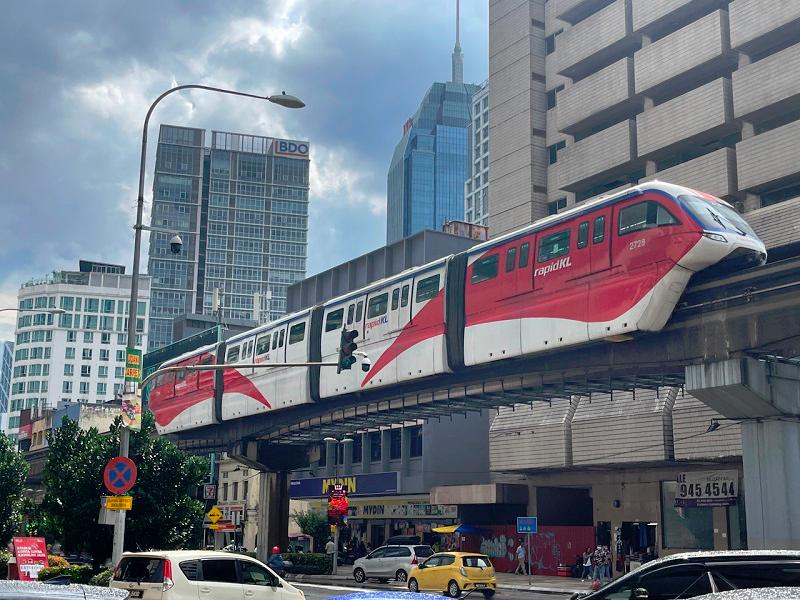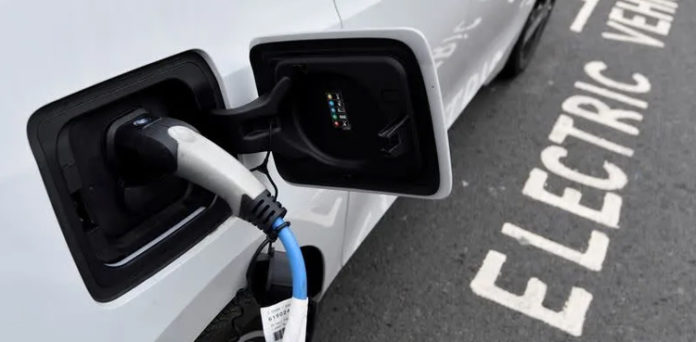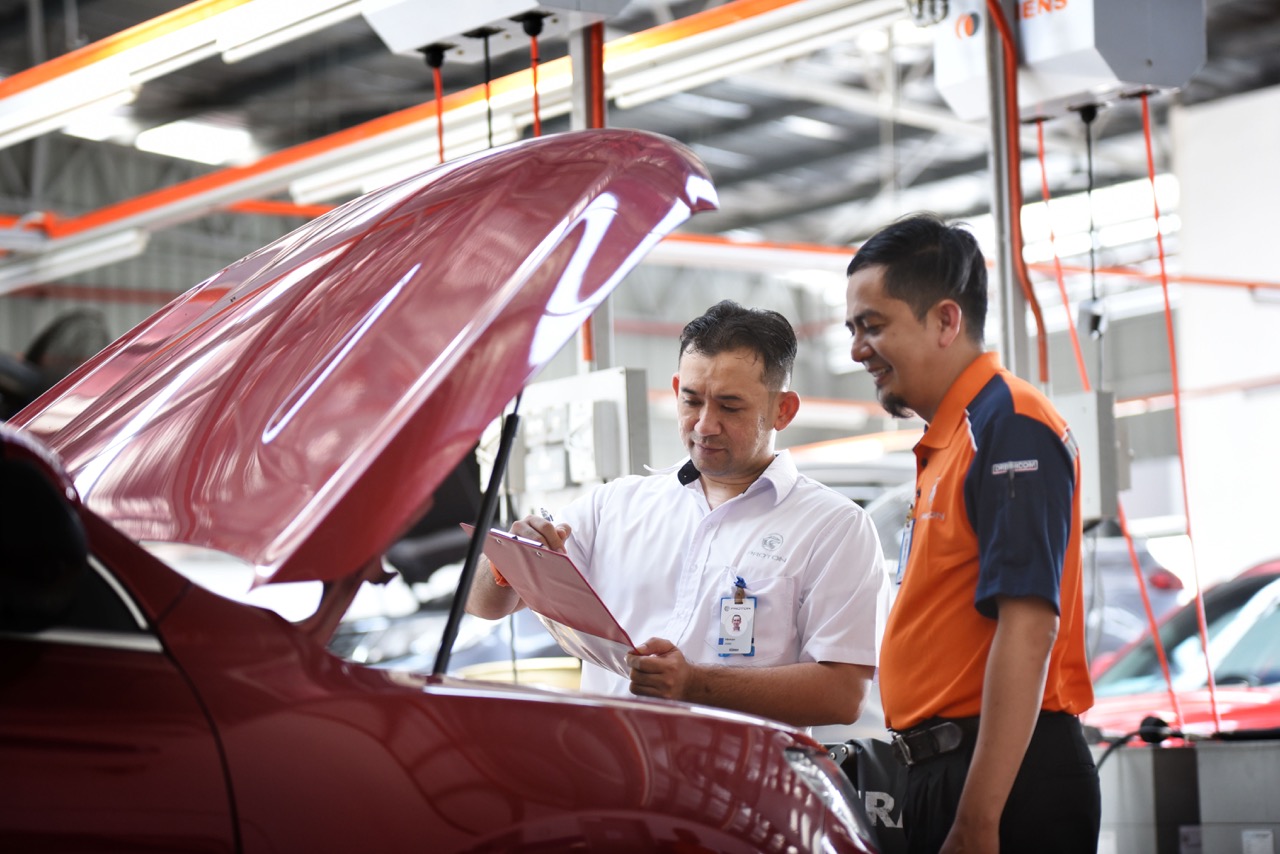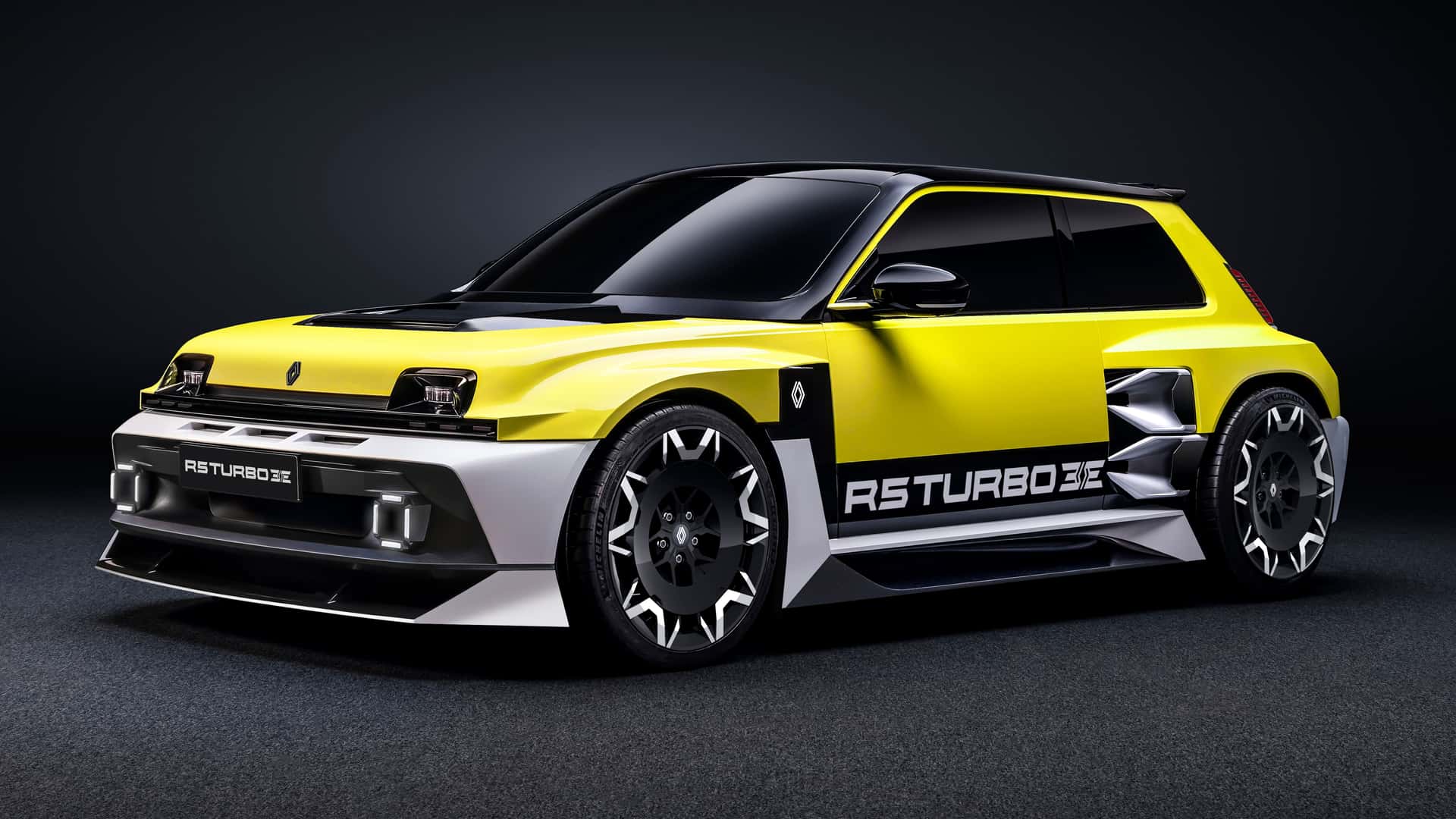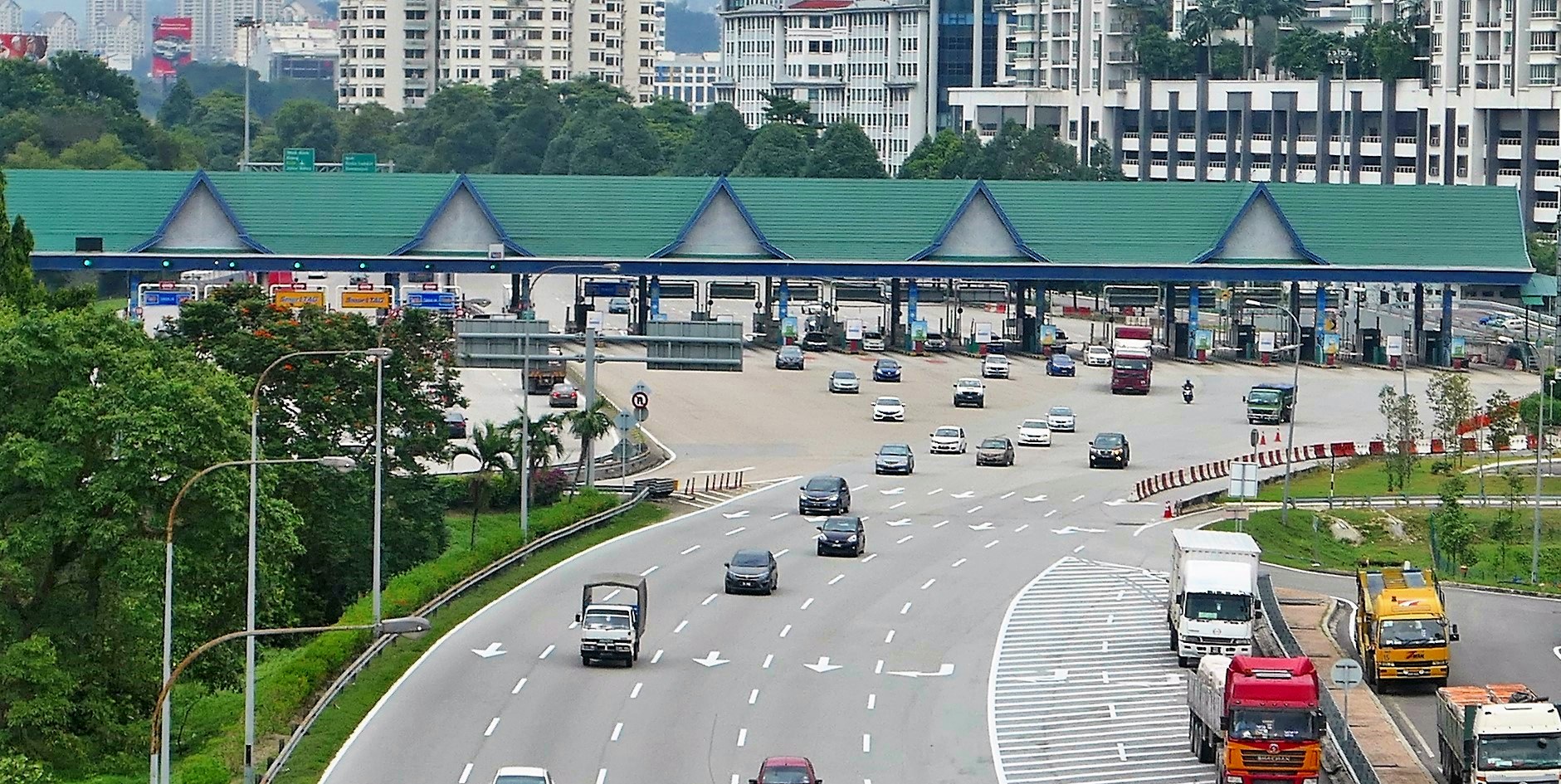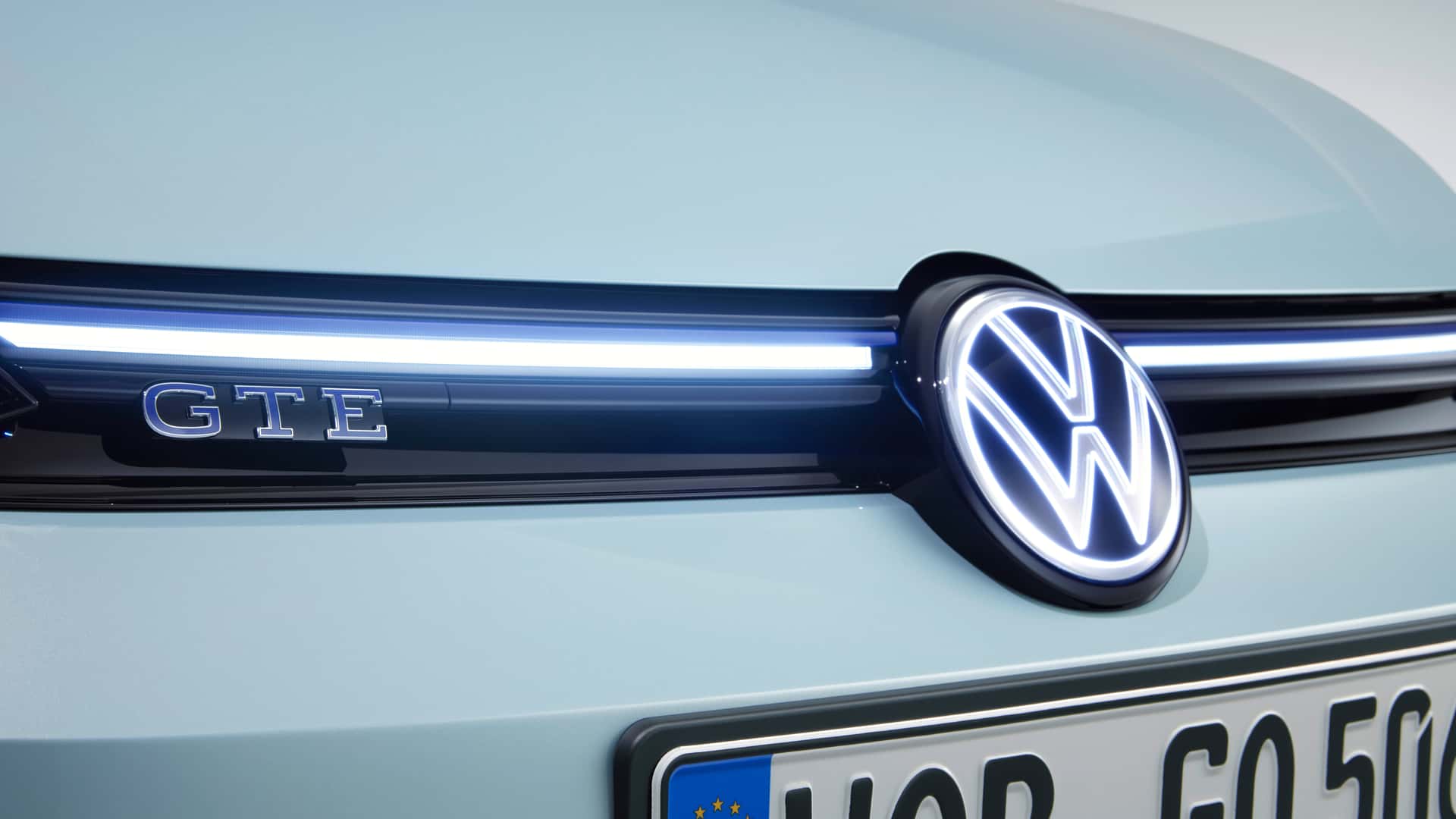Proton has unveiled its new S70 R3 race car for the upcoming 2024 Sepang 1000KM (S1K) endurance race, hosted at the Petronas Sepang International Circuit. This addition to Proton’s racing portfolio will compete with two cars, each driven by a pair of seasoned and promising drivers.
Driver Line-up
- Car #81: Piloted by Syafiq Ali, a three-time S1K winner, and Fahrizal Hasan, known for his multiple victories in the Sepang 12 Hours endurance race.
- Car #82: Driven by two emerging talents, Ariff Azmi, an 18-year-old karting and touring car champion, and Alister Yoong, a 21-year-old Formula 4 racer and son of former F1 driver Alex Yoong.



